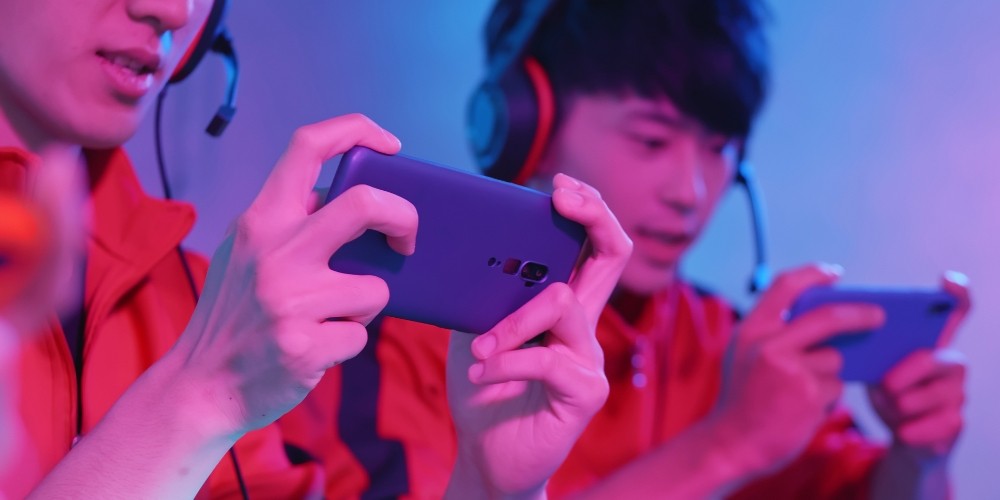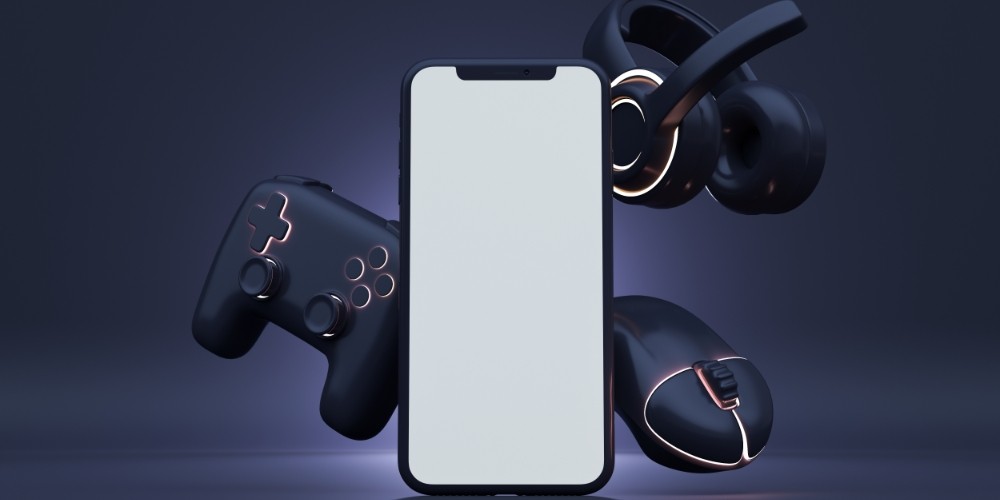The Evolution of Mobile Gaming: From Snake to eSports
Jan-29-2024

The mobile gaming world has experienced a transformative journey, evolving from the simplistic, monochrome game of Snake on early mobile phones to the immersive, complex, and competitive realm of eSports on today's smartphones. This progression has changed how we perceive and engage with games and has significantly impacted pop culture, technology, and the global gaming community. This article will trace the evolution of mobile gaming, spotlighting key milestones and technological advancements that have shaped its current landscape.
The Humble Beginnings: Snake
In 1997, a simple yet addicting game called Snake was preloaded on Nokia mobile phones. Its uncomplicated premise, controlling a line to eat dots without hitting the wall or its tail, became a global phenomenon. This marked the inception of mobile gaming, demonstrating that games could be a viable form of entertainment on mobile devices. Snake's popularity laid the foundation for mobile gaming, illustrating the potential for games on this new, portable platform.
Technological Advancement: Java Mobile Games

The early 2000s witnessed a significant leap in mobile gaming with the introduction of Java technology. This allowed for the creation more complex and engaging games, such as puzzle, racing, and action genres, enhancing the mobile gaming experience. Games like "Bounce" and "Space Impact" became immensely popular, showcasing mobile phones' capability to host various games. This era also saw the advent of downloadable mobile games, enabling users to expand their game libraries beyond pre-installed titles, paving the way for the app-based ecosystem we see today.
The Smartphone Revolution
The launch of smartphones, particularly the introduction of the iPhone in 2007, revolutionized mobile gaming. The App Store became a game-changing platform, offering developers a new avenue to publish their games and reach a global audience. Touchscreens and advanced graphics significantly enriched gameplay, while internet connectivity paved the way for social gaming and multiplayer experiences. Games like "Angry Birds," "Candy Crush Saga," and "Temple Run" became cultural phenomena, illustrating the vast potential of mobile gaming.
Rise of Freemium Model and In-App Purchases

Developers started experimenting with monetization strategies as mobile gaming grew popular. Introducing the freemium model and in-app purchases transformed the economic landscape of mobile gaming. Players could download and play games for free but had the option to buy virtual goods or benefits to enhance their gaming experience. This model proved incredibly lucrative, leading to a surge in mobile game development and diversity in game offerings.
Technological Innovations: AR and VR
Advancements in technology introduced augmented reality (AR) and virtual reality (VR) to mobile gaming, creating immersive and interactive gaming experiences. Games like "Pokémon Go" exploited AR to blend digital gaming with the physical world, encouraging mobility and exploration. Although VR in mobile gaming is still in its nascent stages, it promises to further revolutionize the gaming experience by transporting players into entirely virtual environments.
Mobile eSports: The New Frontier

The most significant evolution in recent years has been the rise of mobile eSports, where competitive gaming has found a new platform. Games like "PUBG Mobile," "Mobile Legends," and "Clash Royale" have established a competitive gaming scene on mobile devices, complete with professional teams, leagues, and substantial prize pools. This development has not only legitimized mobile gaming in the eyes of traditional gamers but has also attracted a massive global audience, turning mobile gaming into a legitimate sport.
Conclusion
The evolution of mobile gaming from the simple game of Snake to the complex world of eSports is a testament to the rapid technological advancements and changing consumer demands. This journey has seen the mobile phone transform from a communication device into a powerful gaming console, offering experiences once thought possible only on PCs and dedicated gaming consoles. As technology continues to evolve, so too will the landscape of mobile gaming, promising even more immersive and engaging experiences for gamers worldwide.







